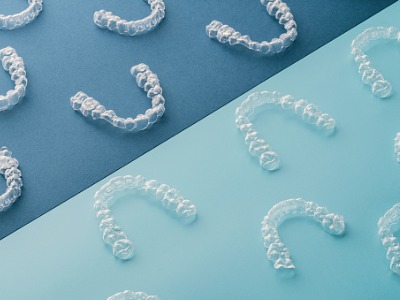
As long as your retainer doesn’t hurt and still fits over your teeth, you can wear it even if it feels tight. This probably means that your teeth have shifted. In this case, you should wear your retainer longer each day to prevent your teeth from moving further. You can start by wearing your retainer all day for a few days to encourage your teeth to move back into the correct positions.
However, if your retainer doesn’t fit at all or feels painful you need to take different measures. Don’t force your teeth into your retainer! You need to contact your orthodontist to see what actions are needed. They may need to make you a new retainer, or potentially take other measures.
Retainers are an important part of maintaining your beautiful, healthy smile. If your retainer stops fitting, breaks, or you have any other retainer related questions don’t hesitate to contact our office.





